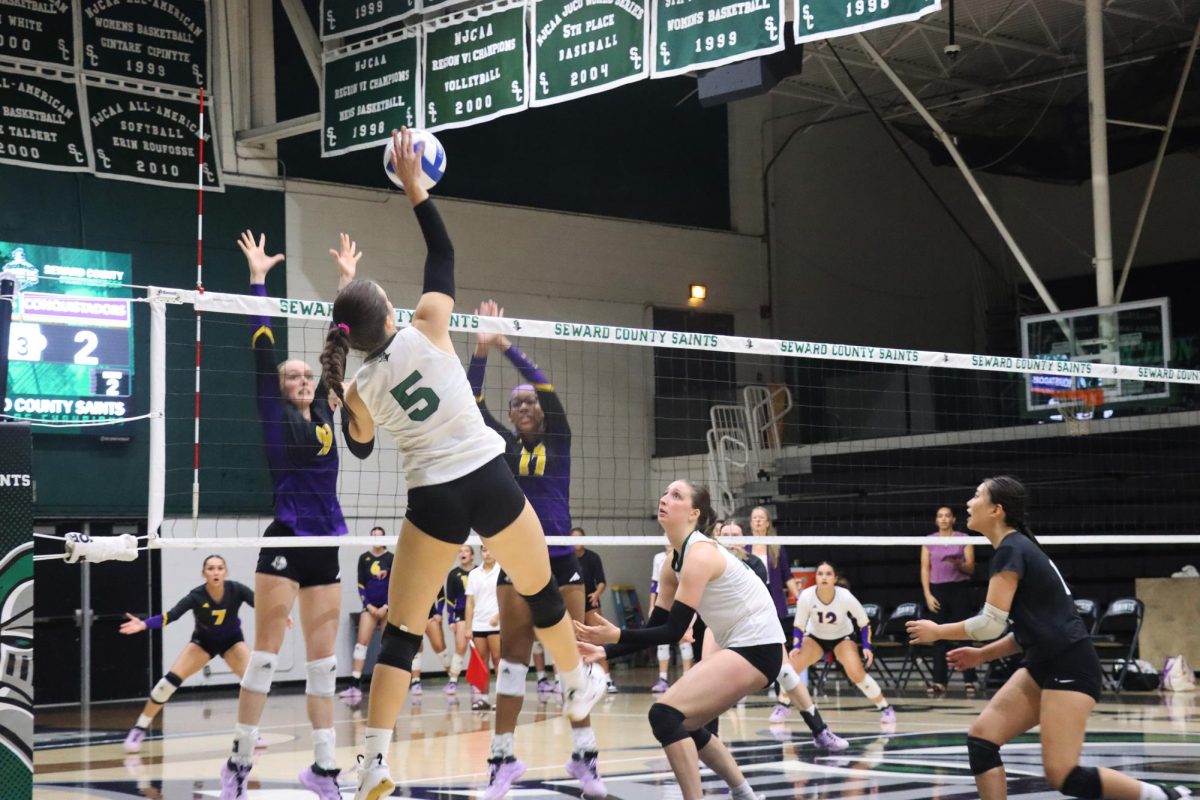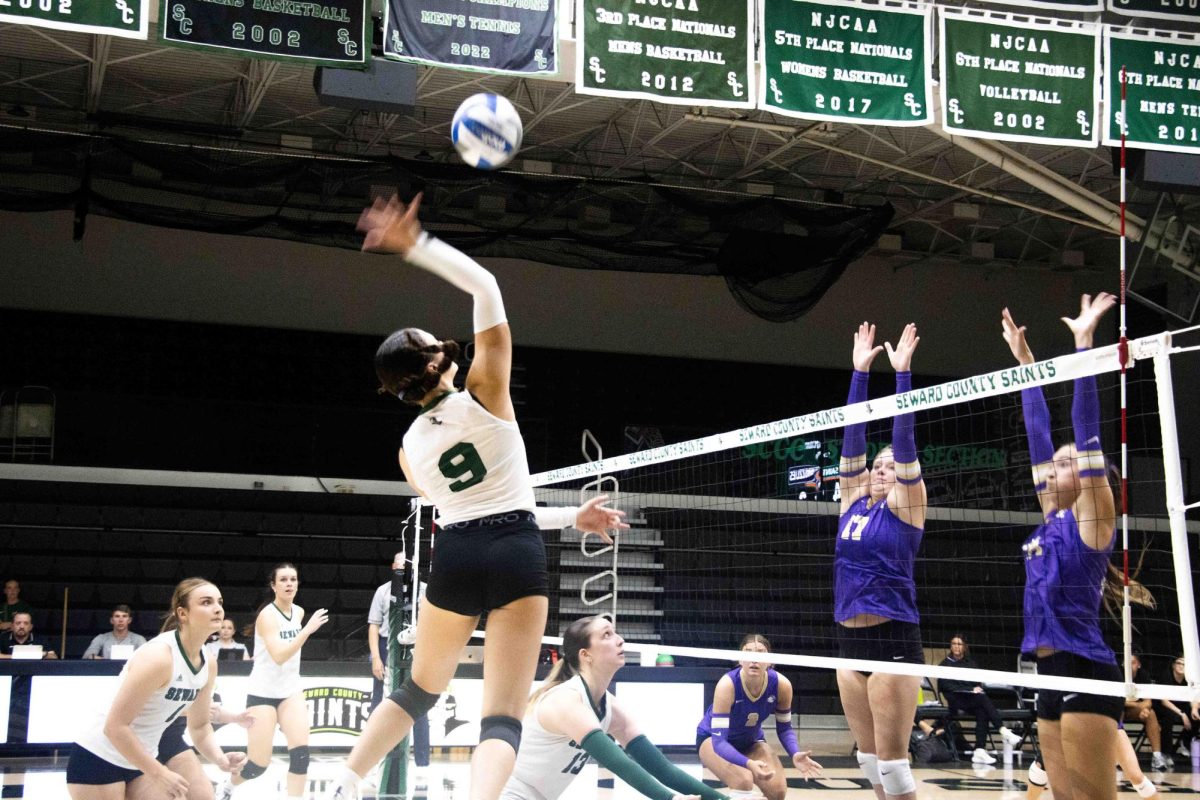At the end of every semester ,frantic college students stick their noses into books, pull all-nighters and splurge on coffee in an attempt to cram four months of information in a matter of days for finals. Some find themselves trying to decipher age-old notes or plead to their instructors for help, but why is it that no matter how many semesters a student has been through that, the pattern repeats itself at every semester’s end? Finals are a huge part of the college experience, and for many students probably the worst part of it. Confined to a couple of hour, with a test that has months’ worth of material in it can seem rather terrifying, but it doesn’t have to be that way. Planning and prioritizing finals can help students tremendously. For some classes, finals can count for as little as 20 percent of your grade to as high as 30 percent or more, knowing which finals are more important is one of the first steps in preparing for them, but regardless of that students still have to study for them all. Believing that everything that was taught in a semester can be learned with an all-nighter is a farce. In a research article published in the New York Times, scientists found that staying up for more than 24 hours at a time inhibits the mind the same way being drunk does. If you are trying to only pass the final then it is possible to cram some of the material in a night, but if you are trying to maintain a high grade or pull a borderline grade over, then you need to prepare now. Some classes have finals that students are limited to performing or writing, and in most finals, instructors typically allow students to know what the final will consist of. There are finals that require little to no studying at all, but preparation and looking over notes are strongly recommended. Do not focus on a single class or subject; many students find that they did well on one final but failed their other finals. Instead of studying for one course all at once ,try to break up study sessions with different classes and material. Also ask instructors what score is required to on the final in order to keep or raise a grade. If a student knows that they will not be able to pass the class by scoring well on the final exam there is still enough time to drop. Begin studying early begin studying now; Thanksgiving break is a perfect time to look over notes and re-read chapters. Find a group that is studying for the same class and set up times when everyone can meet. If you work better alone, find a spot where you can study in peace with no distractions. Make flash cards, have a peer teach the material or go online for help. There are many resources that are available to students, but are not being used. Take a break; watch a movie, play video games, or just relax, but limit the time that is spent on study breaks. Coffee and energy drinks are great for studying and staying alert, but overusing those in a short time causes “crashing” and can make you sick. Do not procrastinate, some students find themselves ignoring all the advice that was given to them and wait until the last minute to prepare for final exams. Know when to stop studying is also important, overloading on unnecessary material can do more harm than good on a final. Prepare and study. Students who are unprepared are often the ones who are having to retake classes next semester, and wondering why they did so badly on their exams. Finals for evening classes begin Dec. 3 and are during their regular class times. Finals for day classes begin Dec. 10. Prepare yourself, they are coming.
Prepare yourself, finals are coming
November 19, 2012














![The sophomores were recognized on the field instead of walking across the stage during their doubleheader. They received their diplomas and a picture of themselves playing during their career at Seward. [Pictured left to right are Dylan Day, Reed Thomas, Jase Schneider, Mason Martinez, Gannon Hardin, Brody Boisvert, and Zach Walker]](https://crusadernews.com/wp-content/uploads/2022/05/WEBDSC_0275-900x454.jpg)



























































